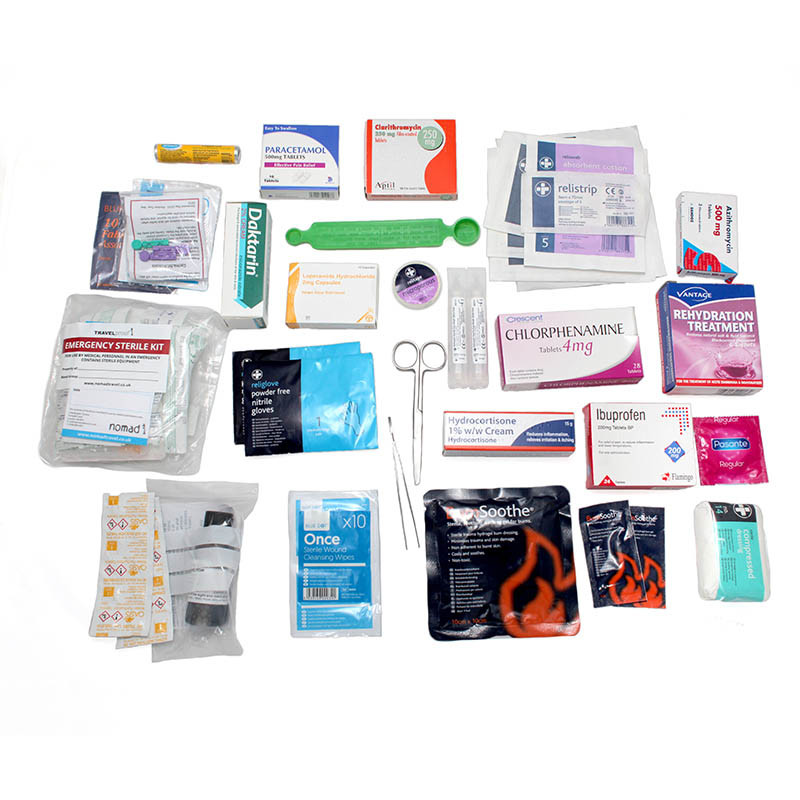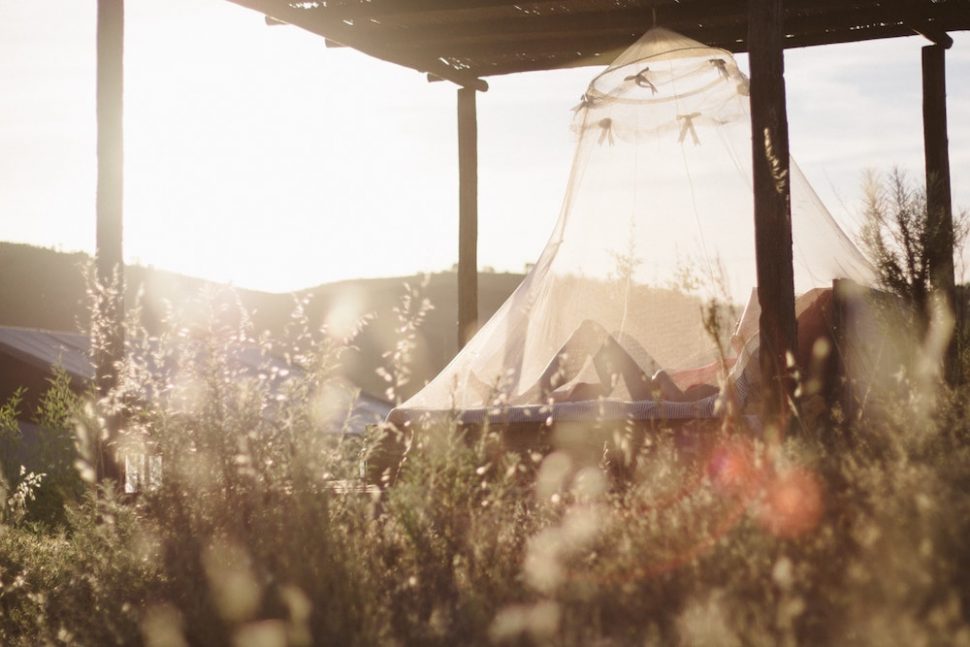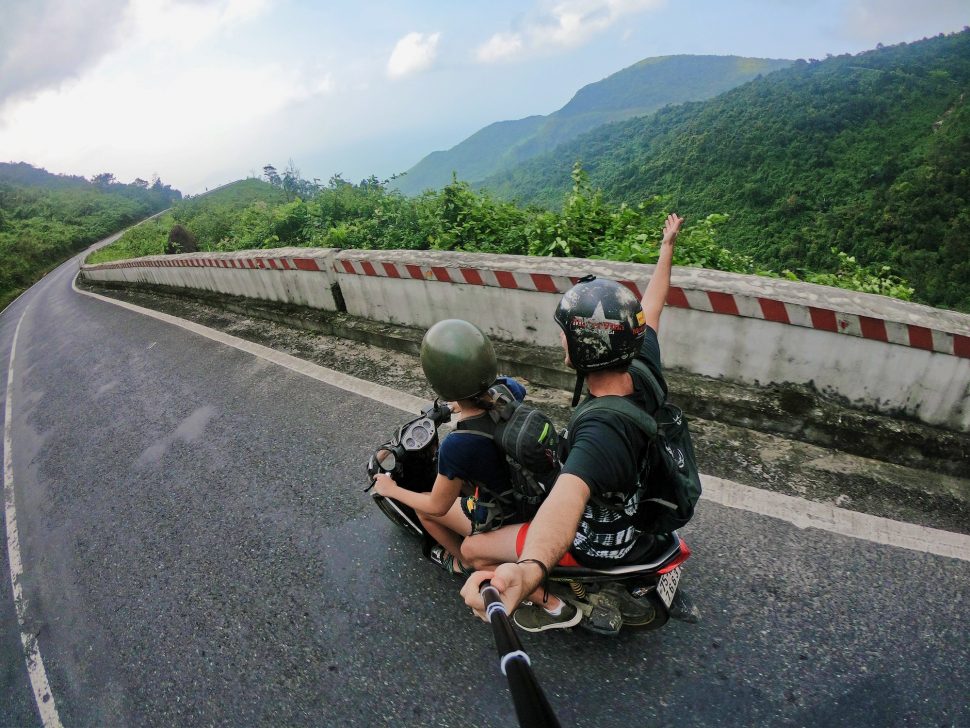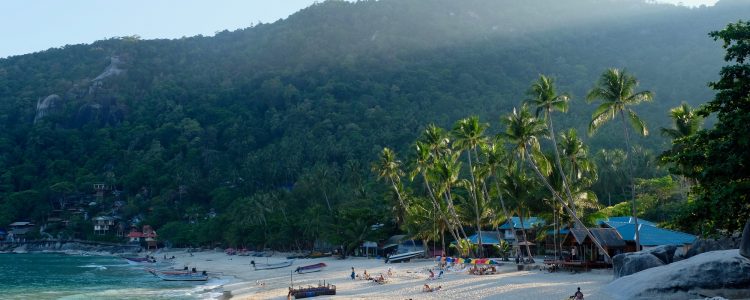Backpacking is one of the most exciting and adventurous ways to travel and see the world.
At Masta Nomad, as well as knowing the importance of your travel health and advising on the right travel vaccines and antimalarials, we also know the risks of travelling as a backpacker and the importance of being prepared with the right behaviour and safety knowledge as well as the right kit to ensure that you have the adventure of a lifetime. Here are some of our top tips for travel preparation.
VISIT A TRAVEL CLINIC
Visit a Masta Nomad clinic and get comprehensive travel health advice on vaccines and antimalarials. It is important to give yourself enough time before you depart. ideally this should be no less than 8 weeks prior to travel to ensure that you can complete vaccine courses. When travelling as a backpacker there are many vaccines to consider such as Rabies, Japanese encephalitis and Yellow fever to name a few.
BE ORGANISED AND PLAN YOUR ITINERARY
Have a rough idea of your travel itinerary and activities you plan to do whilst you are there. This will really help your travel health specialist advise on the correct travel vaccinations, antimalarials and other travel health advice that is relevant to you.
It is important to take copies of passports/visas/travel vaccination records/Yellow Fever certificates and insurance documents. Leave copies at home with family or friends. Have them saved to your email account so you can access them abroad.
Ensure you have appropriate travel insurance which covers you for activities you plan to do such as diving, hiring a motor vehicle, travelling at altitude as well as trip cancellations and theft. Insurance must always cover pre-existing medical conditions and medical emergencies.
Stay informed by keeping updated on local health advisories and safety information for the regions you are visiting.
GET KITTED OUT
It is really important that you consider your destination, itinerary and planned activities when choosing the most appropriate backpack, footwear, clothing and travel essentials (including mosquito nets)! Take time to explore and seek specialist advice on backpacks, packing cubes and travel safe equipment such as padlocks, money belts and tech essentials.
Your backpack is your travel staple and it’s a heavy one! Having a correctly fitted backpack and comfortable fitted footwear will help reduce fatigue, prevent injury and ensure comfort for the duration of your trip.
PACK A MEDICAL KIT
Accidental injuries, road traffic accidents and infections including traveller’s diarrhoea are not uncommon among travellers. A medical kit really is the most important bit of equipment you should travel with.
Nomad Masta clinics offer a range of medical kits. The Ultimate, Core and Worldwide Diarrhoea kit. These contain the most important items that you should travel with. Some travel medical kits contain antibiotics for treating various common travel related infections including skin, ear, throat and travellers’ diarrhoea.
We advise you purchase these items before travelling as some medications are not available overseas and many are counterfeit which can be dangerous to health. You can purchase medical kits through our website or visit one of specialist travel health clinicians in clinic.

SQUEAKY CLEAN
It is important to minimise the risk of skin infections by showering regularly and keeping skin dry. Any bites, cuts, scratches and stings must be kept clean with an antiseptic and covered with a plaster or dressing. This will help prevent cellulitis (infection of the skin) which if left untreated can lead to blood poisoning and may require hospitalisation. In hot humid climates such the jungle or rainforest skin can be vulnerable to fungal infections such as athletes foot and Jock itch. Antifungal treatments are in the Nomad Masta Ultimate Medical kit.
Stay hydrated and eat sensibly. Prevent travellers’ diarrhoea by washing hands before handling food, using hand sanitizer and drinking only boiled or purified water. Consider using a bottle such as the Water – to – go or Aquapure that contains a special filter to remove bacteria and viruses. This reduces the need to buy bottled water and reduces the impact on the climate and plastic waste. Be careful when eating street food. Consider eating at popular venders and ensure the food is presented on clean plates and utensils.
MOSQUITO BORNE DISEASES
Don’t forget insect repellent. Diseases spread by mosquitoes are NOT uncommon and include Dengue, Chikungunya, Zika, Yellow Fever and malaria. DEET has been used for many years and is known to have the best repellent properties. There are other options available that are an alternative to DEET as well as permethrin clothing treatment. Always remember to apply repellent to the skin after sun cream and reapply frequently. Cover up and wear long loose clothing and sleep under a mosquito net when necessary.

TRAVEL SAFE
Blend in with the locals as much as possible. Don’t wear inappropriate clothing that may draw attention to yourself. It really is important to respect the local culture, observe the locals, their culture and norms.
Manage your money properly. Store it securely and refrain from displaying personal wealth. Be alert as pickpocketing is a risk in many countries. It is important not to put phones or money in back pockets. Crossbody bags or money belts should be worn and positioned in front of your body where you can always feel your belongings. Never leave bags hanging off the back of your chair.
SUN, SEA & SEX..
If you have unprotected sex you are at risk of many infections & diseases. Chlamydia, genital warts, HIV and Hepatitis B to name a few. Always use a condom to avoid STI’s and unwanted pregnancy. It is really sensible to get a sexual health check-up before and after travel. If you’re planning to have sex abroad, consider the Hepatitis B vaccine. Remember alcohol and recreational drug use will increase risk taking behaviour. Be sensible and know your limits.
PLANNING TO PARTY
Parties, festivals and clubbing are all fun experiences but drinking too much alcohol or taking drugs could put you in difficult or dangerous situations such as being injured, robbed, sexually assaulted or even arrested. Beware of drink spiking. Never leave your drink unattended. Drinks can be spiked with intention to distract and thieve, or commit sexual advances and assault. In minutes spiked drinks can result in impaired judgment, hallucinations, difficulty moving, speaking and breathing, and temporary paralysis. They can also cause serious illness and death. Make sure you buy your own drinks and never leave them unattended. Stay with friends and watch out for each other.
Many countries have very strict drug laws. You could be fined, imprisoned or even face the death penalty for possession of drugs. The UK foreign office is limited in the help they can give you.
RIDING THE ROAD
Road accidents abroad are the biggest cause of injury and death in travellers. More than half of all road traffic deaths are among cyclists and motorcyclists. Poor roads, badly maintained motor vehicles, lack of seatbelts, speeding and driving under the influence of alcohol increase this risk. Always wear a seatbelt when available and travel with a medical kit. Travelling at night on public transport should be avoided where road conditions and lighting are poor.
If you choose to travel on a motorcycle, moped or bicycle – always wear a helmet. Never ride under the influence of drugs or alcohol and make sure you have the correct insurance cover.

Make sure you are prepared. It really will make a difference to your backpacking experience. Start your travel health preparations with us today and book with a Nomad travel clinic.

